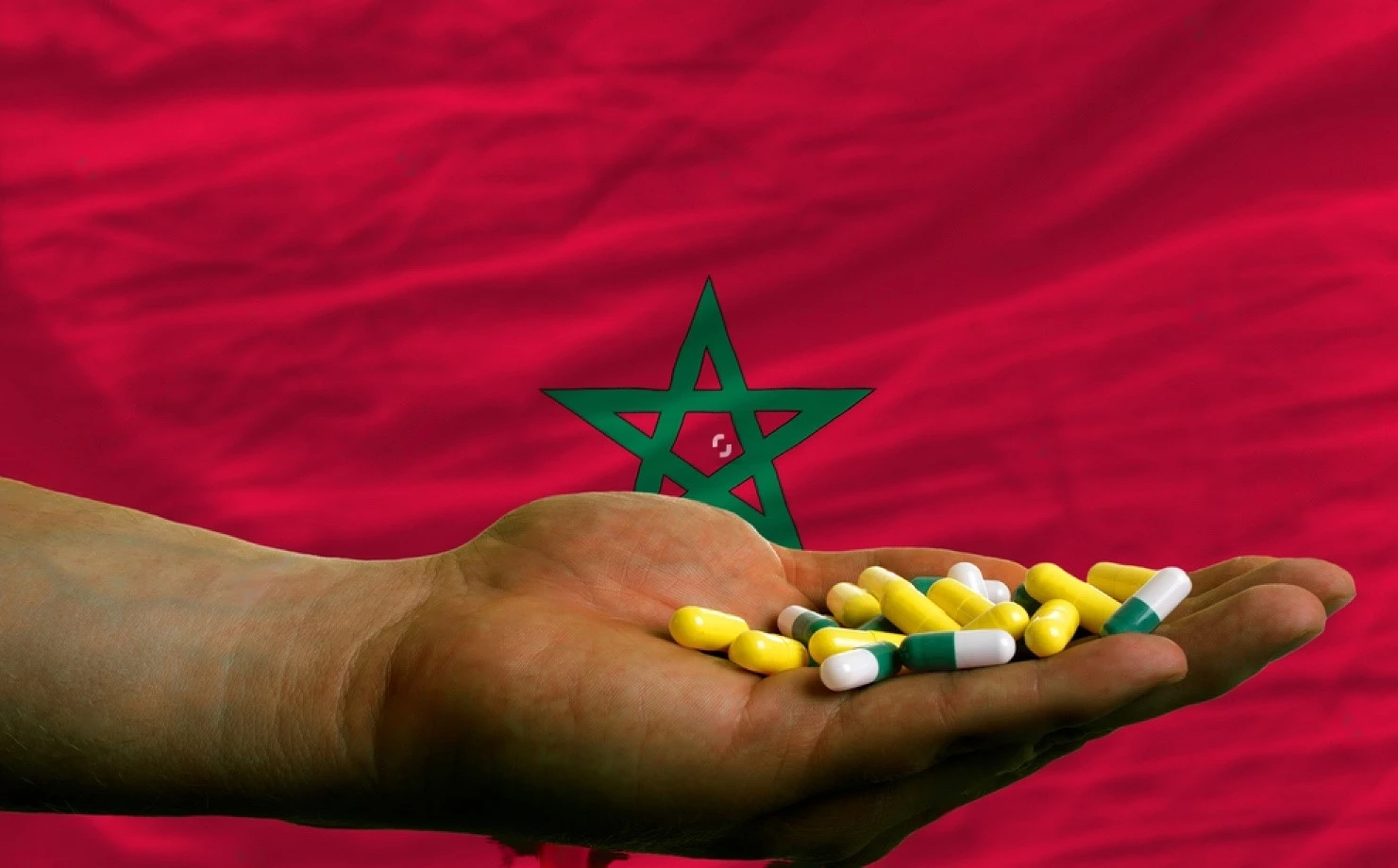Medicines to Bring to Morocco
When traveling to Morocco, it’s essential to be prepared for any health-related issues that may arise. While you can find many medications in local pharmacies, it’s wise to bring your own supply of essential medicines. This guide will help you understand what medicines to bring to Morocco for a safe and healthy trip.
1. Prescription Medications
What to Bring: If you take any prescription medications, make sure to bring enough for your entire trip, along with a copy of your prescriptions.
Tips:
- Keep medications in their original packaging with the prescription label.
- Consider carrying a doctor’s note, especially for controlled substances.
2. Over-the-Counter (OTC) Medications
Here are some common OTC medications that can be useful during your travels:
- Pain Relievers: Bring acetaminophen (Tylenol) or ibuprofen for headaches, muscle aches, or fever.
- Antihistamines: If you suffer from allergies, pack antihistamines like loratadine (Claritin) or cetirizine (Zyrtec).
- Digestive Aids: Bring medications for stomach issues, such as loperamide (Imodium) for diarrhea and antacids for indigestion.
For more tips on managing travel-related ailments, check out our article on Travel Health Tips.
3. First-Aid Supplies
Basic First-Aid Kit: Assemble a compact first-aid kit with the following items:
- Band-aids: For minor cuts and scrapes.
- Gauze and Adhesive Tape: For larger wounds.
- Antiseptic Wipes: To clean cuts and prevent infection.
- Hydrocortisone Cream: For itching and rashes.
- Tweezers and Scissors: For splinters and cutting tape.
4. Motion Sickness Remedies
What to Bring: If you’re prone to motion sickness, consider packing:
- Dimenhydrinate (Dramamine): This medication can help prevent and relieve symptoms of motion sickness.
- Ginger Tablets: A natural remedy that can also alleviate nausea.
5. Vaccinations and Preventative Medicines
Before traveling to Morocco, check if you need any vaccinations. Common recommendations include:
- Hepatitis A and B
- Typhoid Fever
- Tetanus-Diphtheria (make sure your routine vaccinations are up-to-date)
For more information on recommended vaccines, visit the Centers for Disease Control and Prevention (CDC).
6. Mosquito Repellent
What to Bring: In certain regions of Morocco, especially during warmer months, mosquitoes can be a nuisance.
- Insect Repellent: Look for products containing DEET or picaridin to protect against bites.
For tips on preventing insect bites while traveling, see our article on Avoiding Insect Bites.
7. Water Purification Tablets
What to Bring: To ensure safe drinking water, consider carrying water purification tablets, especially if you plan on hiking or staying in remote areas.
Conclusion: Stay Healthy While Traveling
Packing the right medicines for your trip to Morocco can help ensure a smooth and enjoyable experience. Always consult with your healthcare provider before traveling to discuss any specific health concerns and to obtain prescriptions for necessary medications.
For more travel health advice, explore our articles on Traveling with Medications and Health Tips for Travelers.



0 Comment